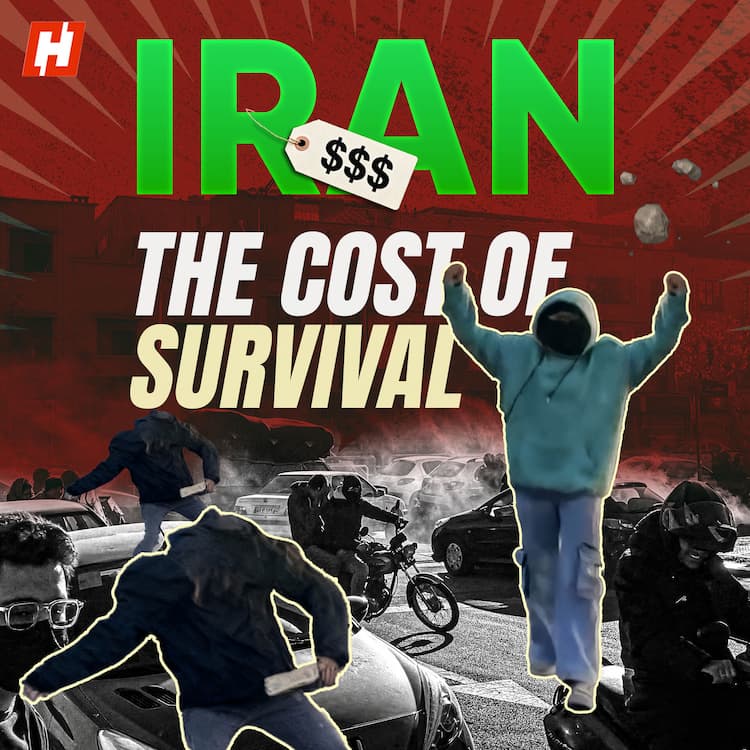Eight years ago, more than a million Rohingyas fled Myanmar after a crackdown by the ruling military junta. Many of them escaped to neighbouring Bangladesh and are now heavily reliant on humanitarian aid. But with aid shrinking and attention fading, the Rohingyas risk becoming yet another case of a forgotten crisis.
To remind the world of their situation, thousands of Rohingya refugees living in Cox’s Bazar held a massive rally on Monday. They marked the 8th anniversary of their escape by holding what they called “Rohingya Genocide Remembrance Day.”
The refugees gathered in the refugee camp with a demand that they be repatriated to their homeland in Myanmar—the Rakhine state.
"We want to return to Arakan. We want justice for the genocide committed against us in 2017. Our parents, brothers, sisters, friends, elderly relatives were burned to death, hacked to death with weapons. We fled to this country because we could not bear this torture. We do not want this refugee life. We want to return to our own country," 28-year-old Mohammad Anas, a Rohingya refugee, told AFP.
Yunus seeks help
The timing of the rally coincided with a three-day conference launched by Bangladesh to draw the world’s attention towards the Rohingya crisis.
Bangladesh's interim leader Muhammad Yunus said that the country had no scope to allocate more resources to its 1.3 million Rohingya refugees. According to an estimate, children make up half of them.
Yunus has said that hosting the refugees has put a huge strain on Bangladesh, be it the economy, environment or governance.
“Undiminished contribution of donors and humanitarian partners is essential to ensure continuity of life saving programs. We make an appeal to the international donors to enhance their commitments in order to fill out the fund gaps in the Joint Response Plan for 2025-26. At the same time, we urge upon the stakeholders to undertake consolidated efforts for adequate and sustainable funding for future as well,” Yunus said.
He called for the international community to draft a practical roadmap for the return to their home country.
Since 2018, Bangladesh has attempted to send the refugees back at least twice. However, the refugees refused to return, fearing persecution. Remember, they have been given no guarantees of safety, justice or citizenship.
The governments under Hasina and Yunus have also sought repatriation support from China.
But the situation inside Buddhist-majority Myanmar has remained volatile, especially in Rakhine state, which has the largest concentration of Muslims.
Situation tense in Myanmar
Due to continued fighting, Rahkine has limited access to the outside world or essential supplies. And the situation has been compounded by worldwide aid cutbacks spearheaded by US President Donald Trump’s freeze on humanitarian funding.
The World Food Programme — which received nearly half its 2024 donations from the United States — warned this month that 57% of families in central Rakhine are now unable to meet basic food needs.
The persecution of the Rohingyas at the hands of Myanmar's military is not new. It dates back to the country's independence in the late 1940s.
In 1982, Myanmar introduced a Citizenship Law, depriving the Rohingya of their citizenship.
Under this law, full citizenship is based on membership of the ‘national races’.
As the Rohingya are not considered to be part of these national races, they are regarded as foreigners.
(With inputs from AFP)





